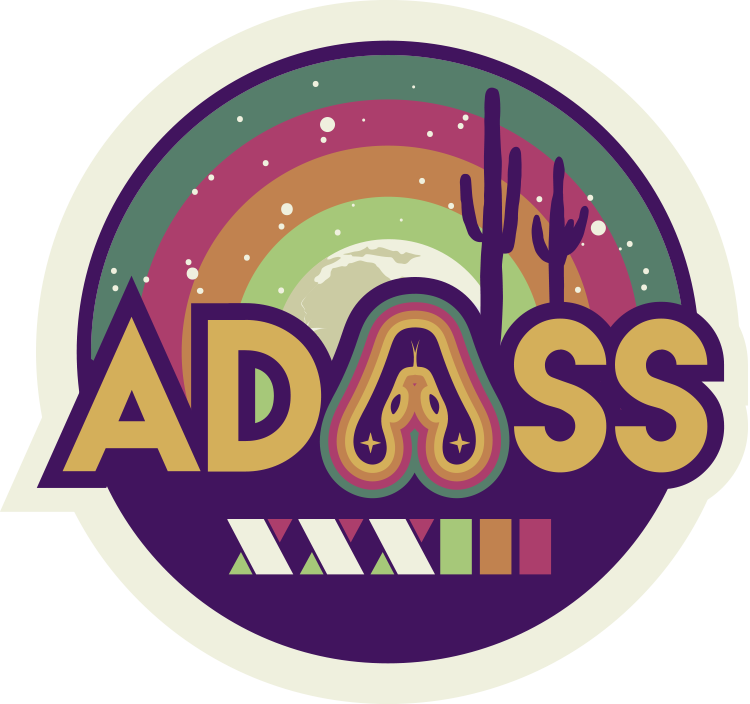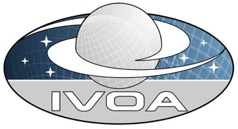Focus demo 1: an option during the break
When
Where
No recording of this focus demo.
Theme: Science with data archives: challenges in multi-wavelength and time domain data analysis
Euclid is the ESA mission to explore the dark universe in the next decade. Launched on the 1st of July this year, Euclid is orbiting around the Lagrange L2 point and will map the 3D distribution of billions of galaxies and dark matter associated with them. It will hence measure the large-scale structures of the Universe across 10 billion light years, revealing the history of its expansion and the growth of structures during the last three-quarters of its history. The Euclid Consortium (EC) is in charge of processing all the Euclid data, of which only the most scientifically valuable data will be released through the Euclid Science Archive System (ESAS) during 6 years of mission lifetime: images, various types of catalogues and spectra.
Regarding data release contents, it is planned to combine Euclid observations with ground-based images obtained from several telescopes, and a huge pixel data collection, catalogues and spectra. At the end of 2023, the first science ready data products of the Early Release Observations (EROs) shall be published in ESAS. At the same time, the first data of the EC pipeline will be made available in ESAS too but only to EC members. The first public release, Q1 is planned by the end of 2024.
In the meantime, the science archive already hosts simulated images, catalogues and spectra that were used to excercise the scientific exploitation. Thus, in order to demonstrate how to explore, visualize and analyze the first public data, within the next Focus Demo, we will show the latest functionalities of the archive and the tools available for the users, such as the ESA Euclid Astroquery and ESA Datalabs Science Platform among others.



